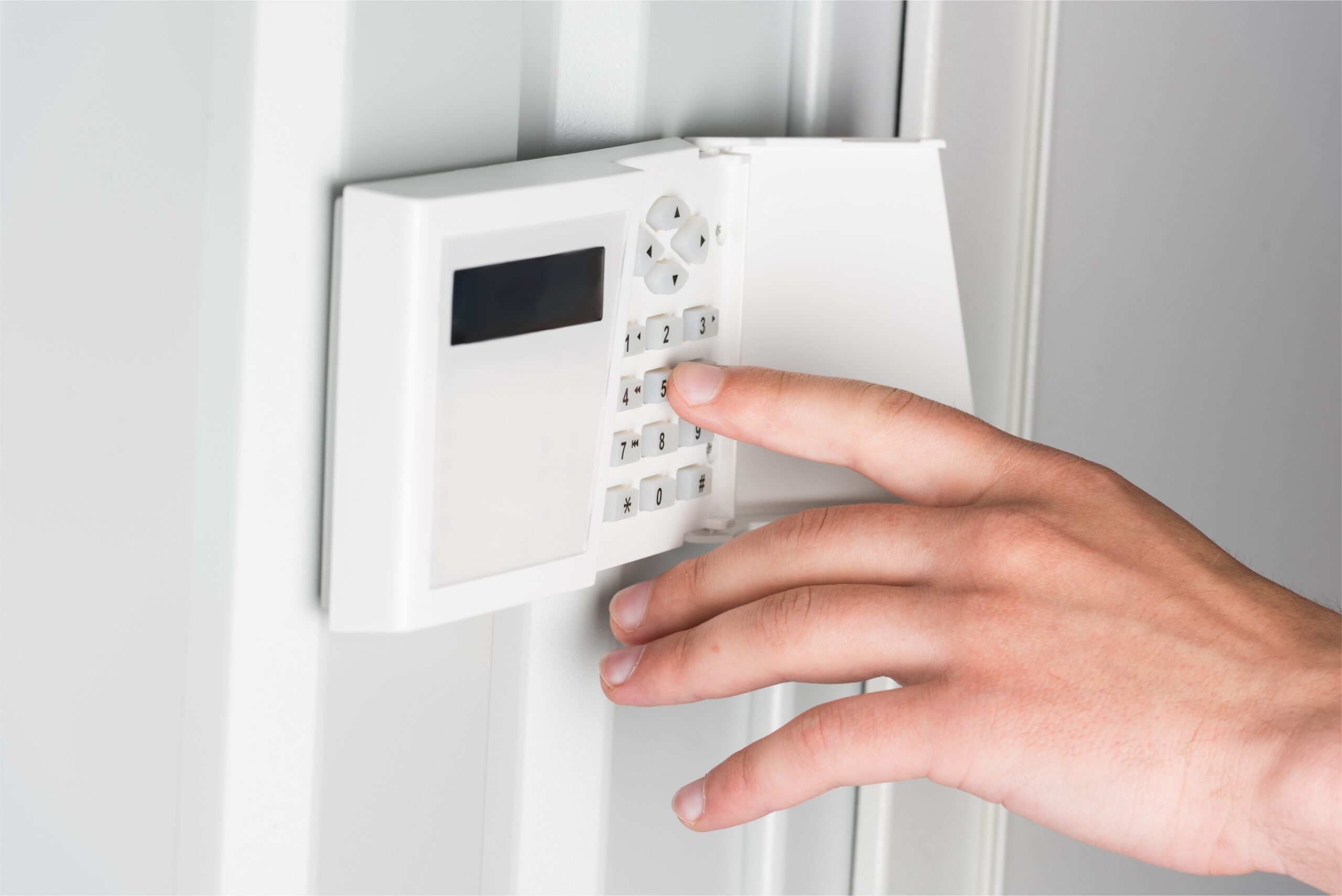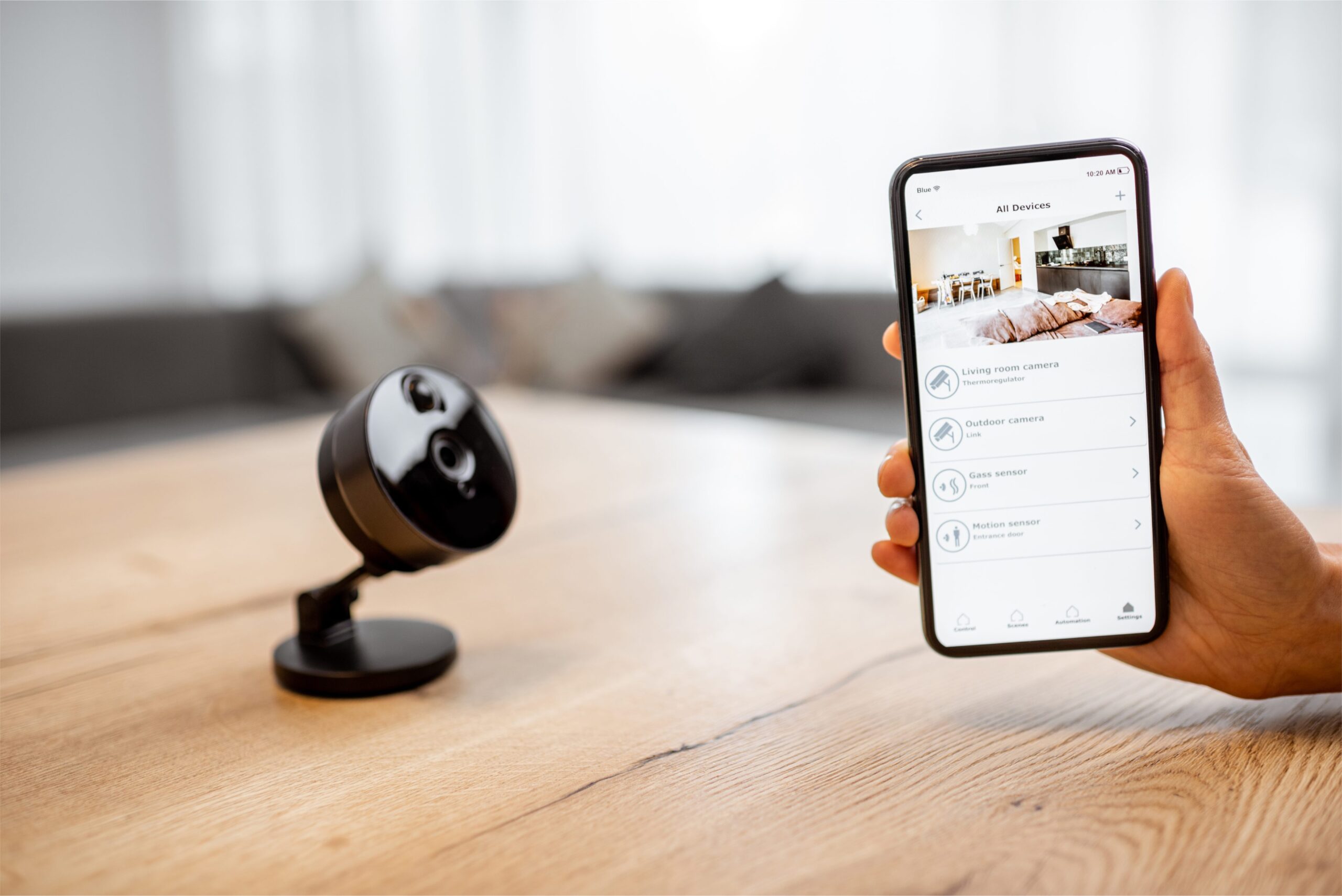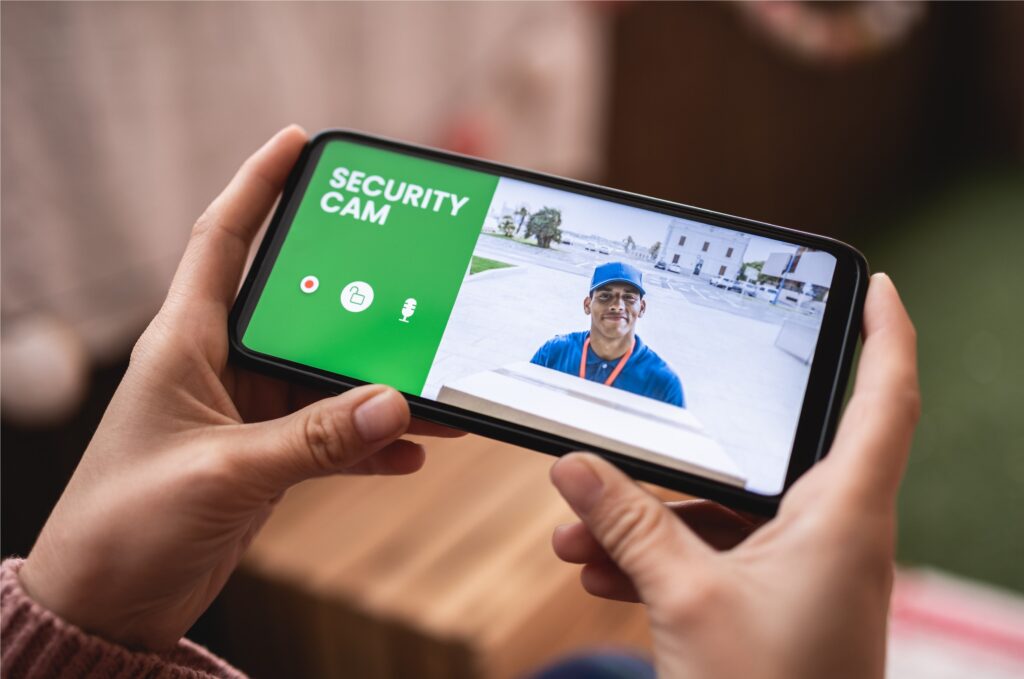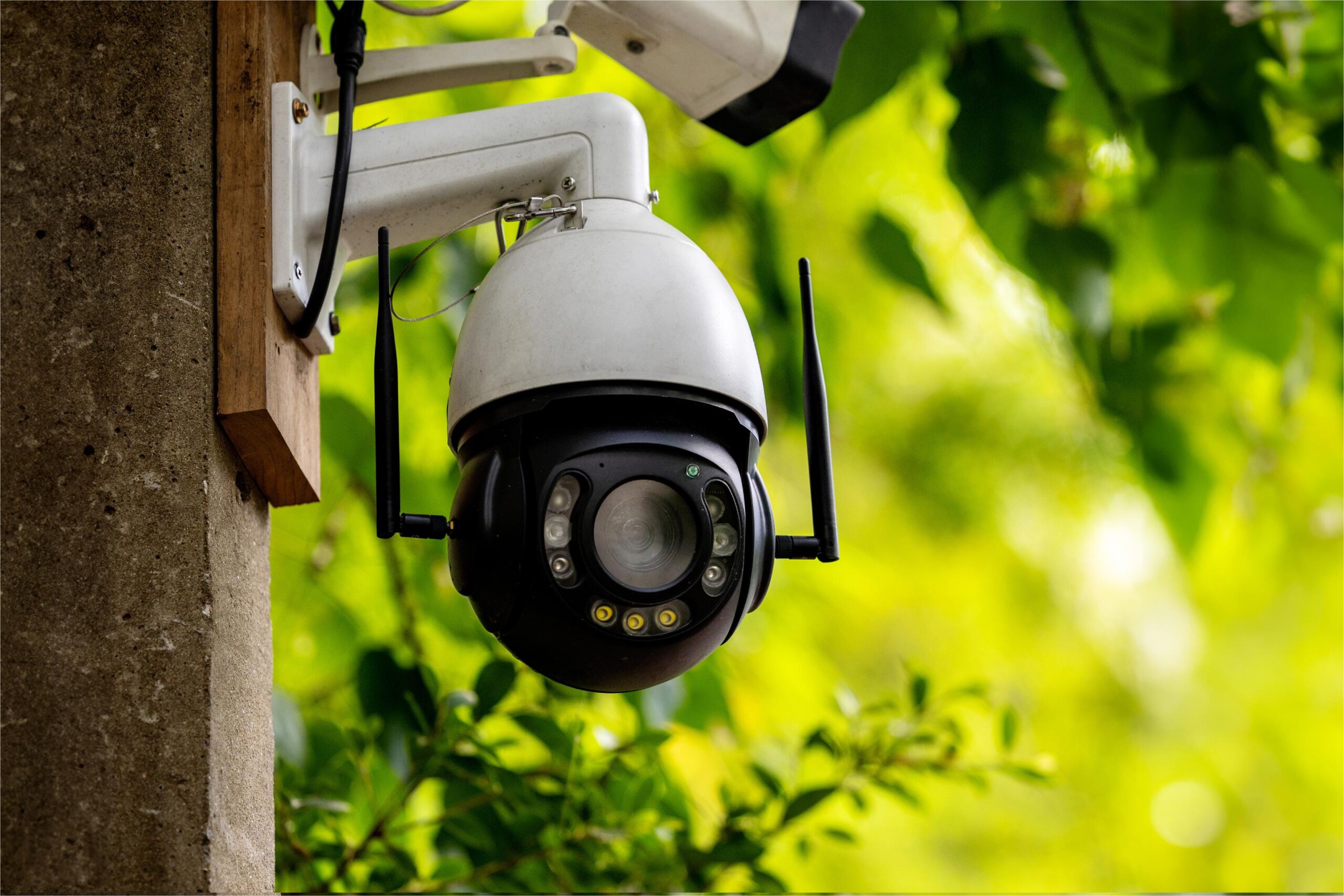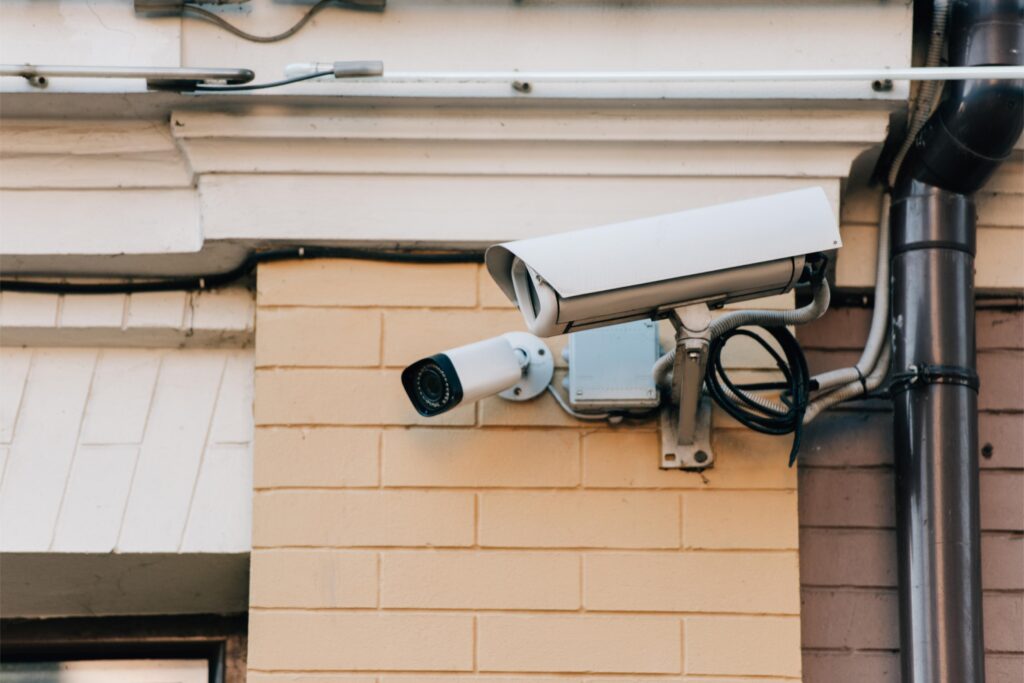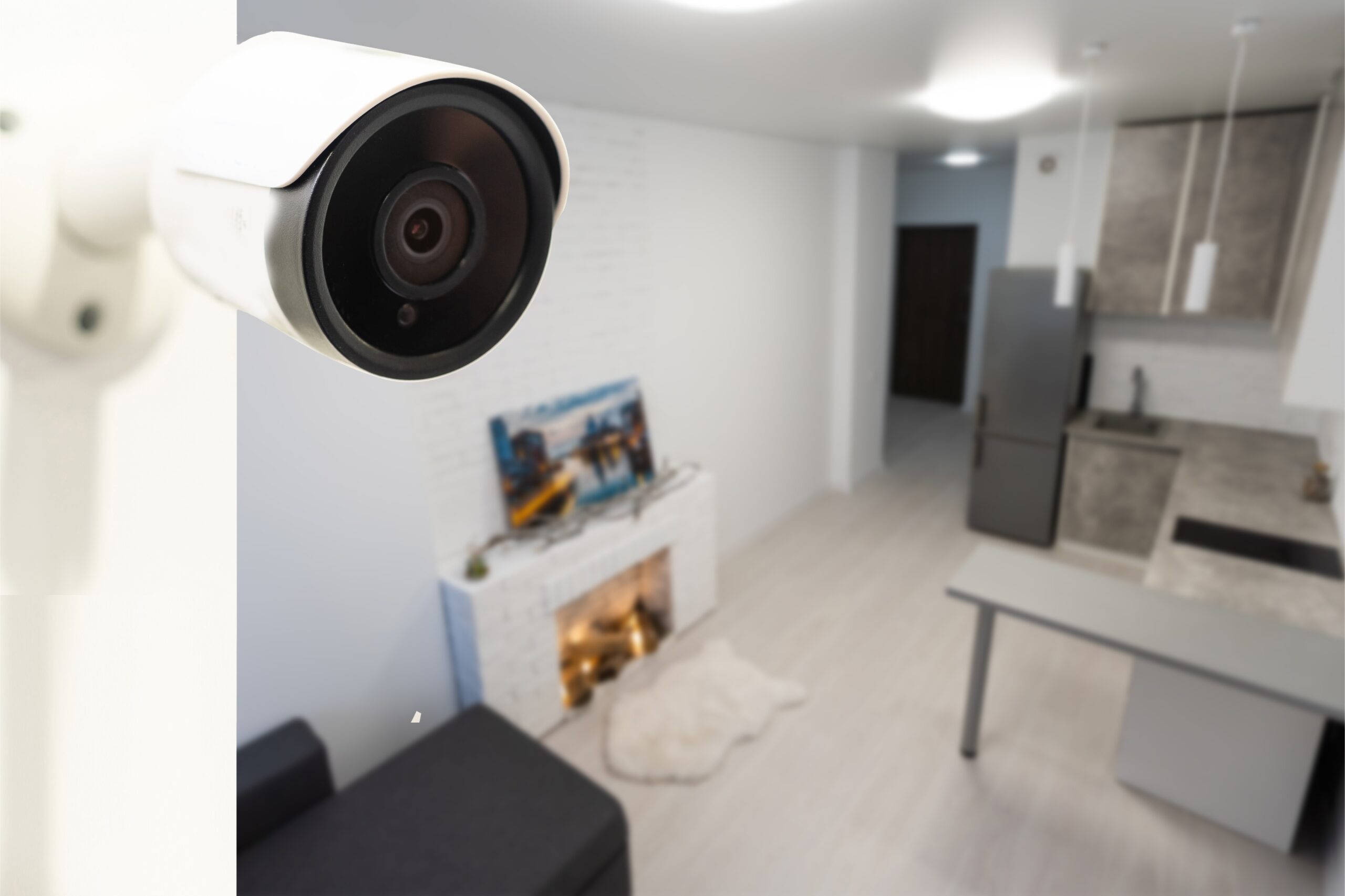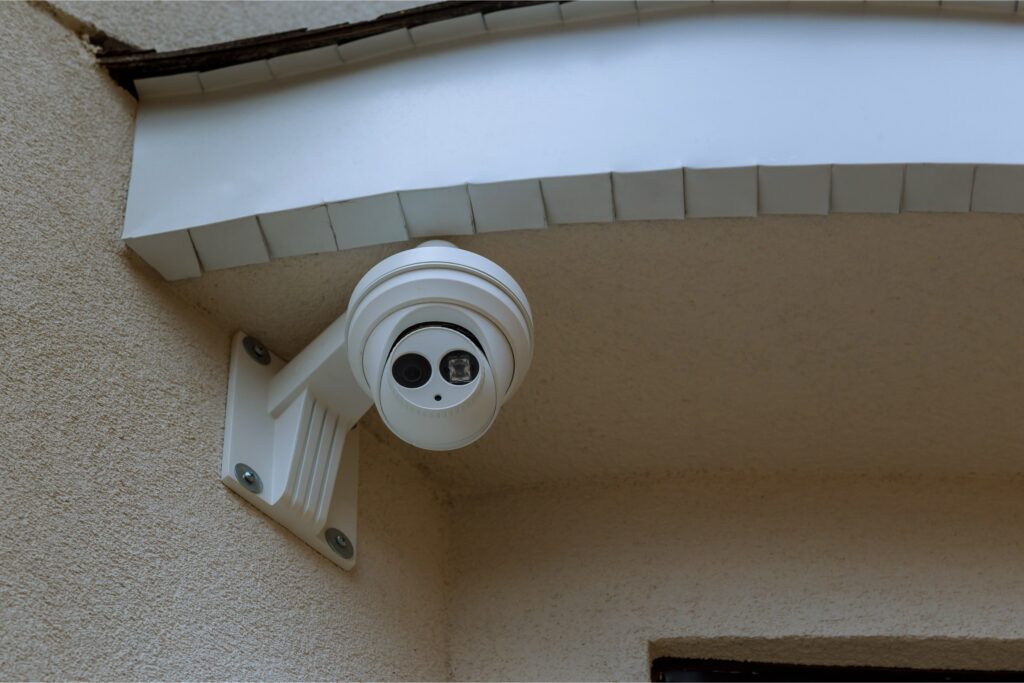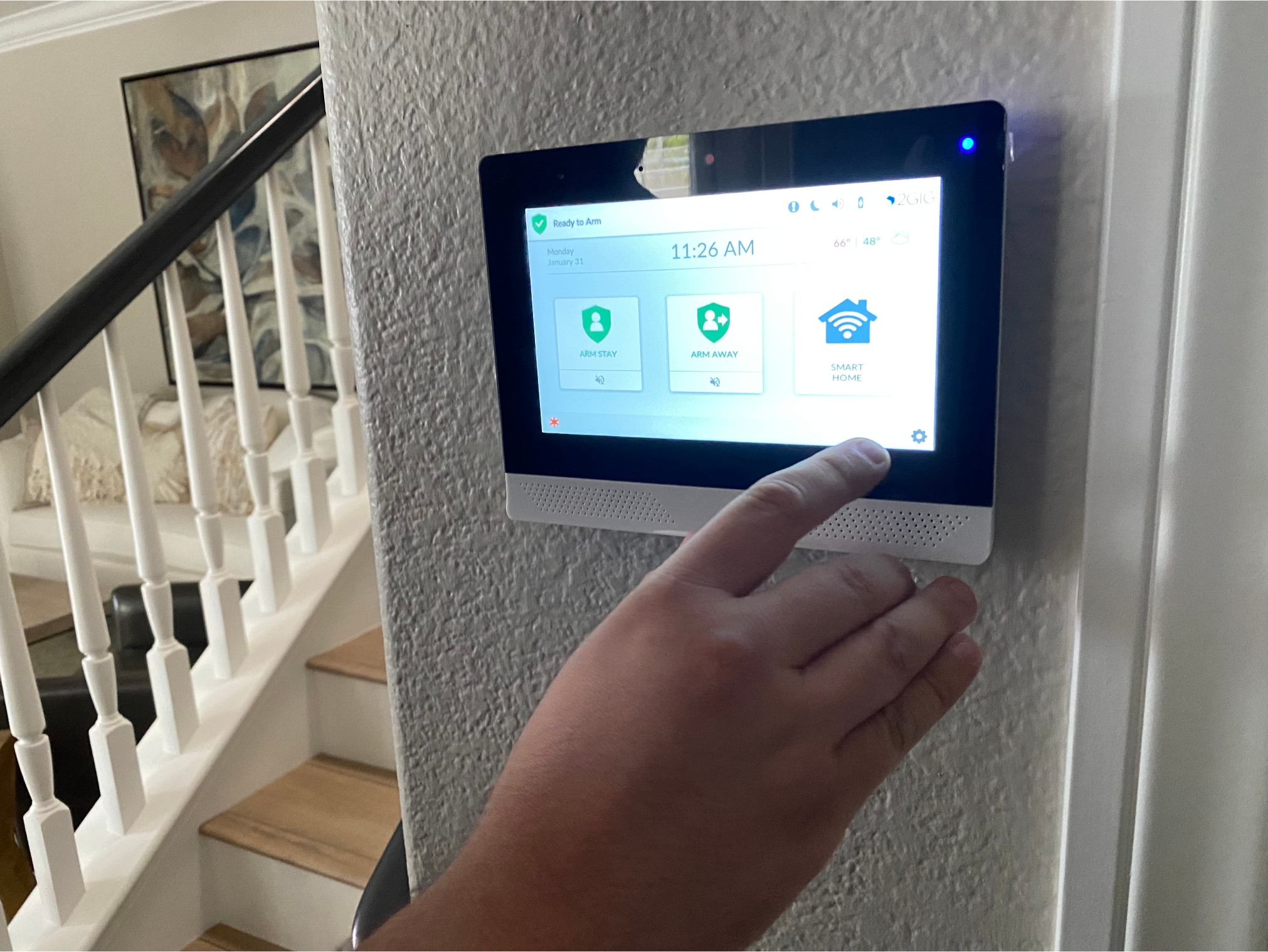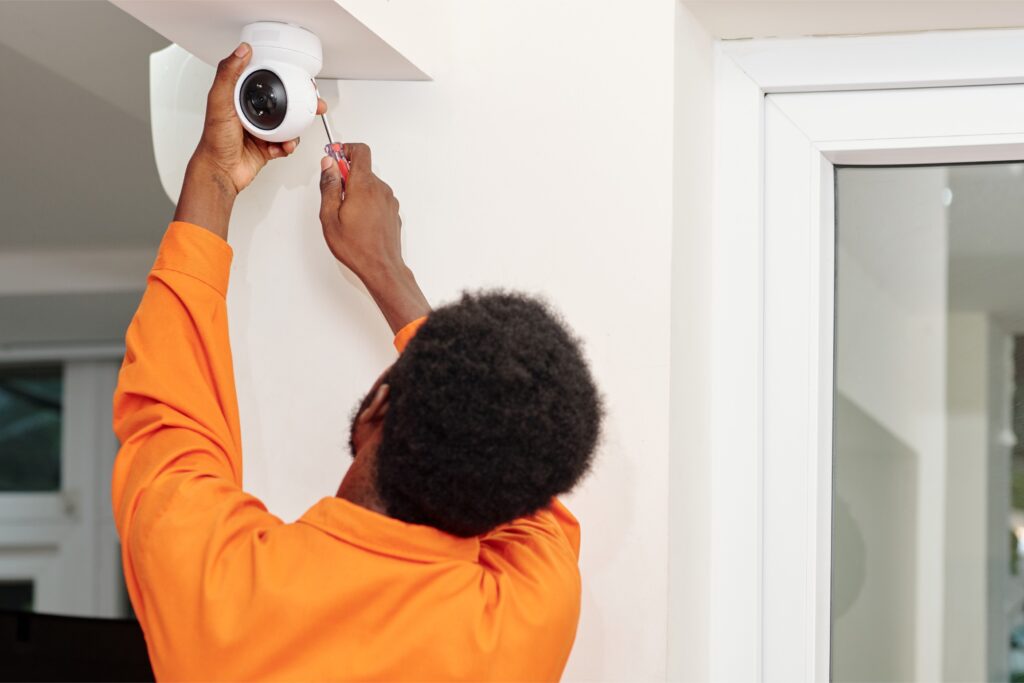When it comes to safeguarding your home or business, an intruder alarm system is one of the most effective tools available. But how do these systems actually work? Understanding the mechanics behind a home intruder alarm can help you make informed decisions about the security of your property.
Let’s dive into the inner workings of intruder alarms and see how they provide peace of mind.
The basics of intruder alarm systems
An intruder alarm system is designed to detect unauthorised entry into a building or area. These systems can vary in complexity, from simple setups that alert the homeowner to advanced configurations that contact law enforcement or security companies.
Key components:
Control panel: The brain of the system, it processes signals from various sensors.
Sensors: Devices that detect motion, glass breakage, and door or windows opening.
Alarms: Sirens or bells that alert occupants and deter intruders.
Keypads: Interface for arming and disarming the system.
Communication devices: Components that contact emergency services or security companies.
Types of sensors used in home intruder alarms
Motion detectors: These sensors use infrared technology to detect movement within a designated area. When motion is detected, the sensor sends a signal to the control panel, triggering the alarm.
Door/window sensors: These are typically magnetic switches that activate when a door or window is opened. If the system is armed and the switch is broken, the alarm is triggered.
Glass break sensors: These sensors detect the sound of breaking glass and are especially useful for windows and glass doors.
Pressure mats: Placed under rugs or carpets, these mats detect the pressure of footsteps and trigger the alarm when an intruder steps on them.
How intruder alarms are triggered
When a sensor detects a potential intrusion, it sends a signal to the control panel. The control panel then processes this signal and decides whether to activate the alarm. If the system is armed and the signal indicates a breach, the alarm is triggered.
Depending on the system, this can result in a loud siren, a silent alert to the homeowner, or an automatic call to emergency services.
Communication and response
Modern intruder alarm systems often include communication devices that can notify homeowners and security companies of a breach. This can be done via landline, cellular networks, or internet connections. Some systems even include smartphone apps that allow homeowners to monitor and control their alarms remotely.
Alarm verification: To reduce false alarms, some systems have a verification process. This might involve a secondary sensor confirmation or a short delay to allow the homeowner to disarm the system if they accidentally set it off.
Response protocol: Once an alarm is triggered, the response can vary. A loud siren might scare off the intruder, while a silent alarm might alert security personnel to respond without tipping off the intruder. Some systems are linked directly to local law enforcement or private security companies, ensuring a rapid response.
Advantages of home intruder alarms
Deterrence: Visible signs of an intruder alarm system can deter potential burglars. When criminals see that a home is protected by an alarm, they are less likely to attempt a break-in, knowing the risk of getting caught is higher.
Immediate alert: Home intruder alarm systems provide immediate notification of a break-in, allowing for quicker response times. Whether it’s a loud siren that scares off the intruder or an alert sent to emergency services, the rapid response can minimise damage and increase the chances of apprehending the perpetrator.
Peace of mind: Knowing that your home is protected by a home intruder alarm can provide significant peace of mind, whether you’re at home or away. The assurance that your property is monitored and secure helps reduce stress and worry, allowing you to feel safe and protected at all times.
Home intruder alarms are a no-brainer
Intruder alarm systems play a crucial role in home security by detecting unauthorised entry and triggering appropriate responses. By understanding the components and functionality of a home intruder alarm, you can better appreciate their importance and make informed decisions about your security needs.
Whether you opt for a basic setup or a sophisticated system with professional monitoring, an intruder alarm can significantly enhance the safety and security of your property. Investing in a reliable intruder alarm system is a proactive step towards protecting your home and loved ones from potential threats.
Our smart home solutions are extensive and cover more intruder alarms and much more. We offer a variety of packages depending on your needs, all of which come with high quality security products and services.
We also offer a commercial intruder alarm solution for businesses looking to safeguard their offices, stock, staff and customers. Arm your commercial intruder alarm system from anywhere in the world, and enjoy 24/7, 365 days a year monitoring. If you have any questions, you can get in touch with our experts.
